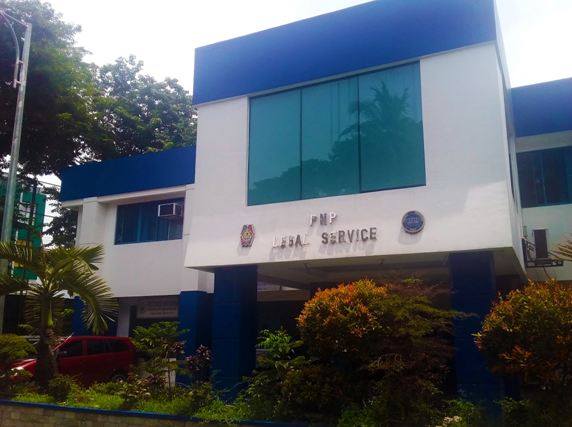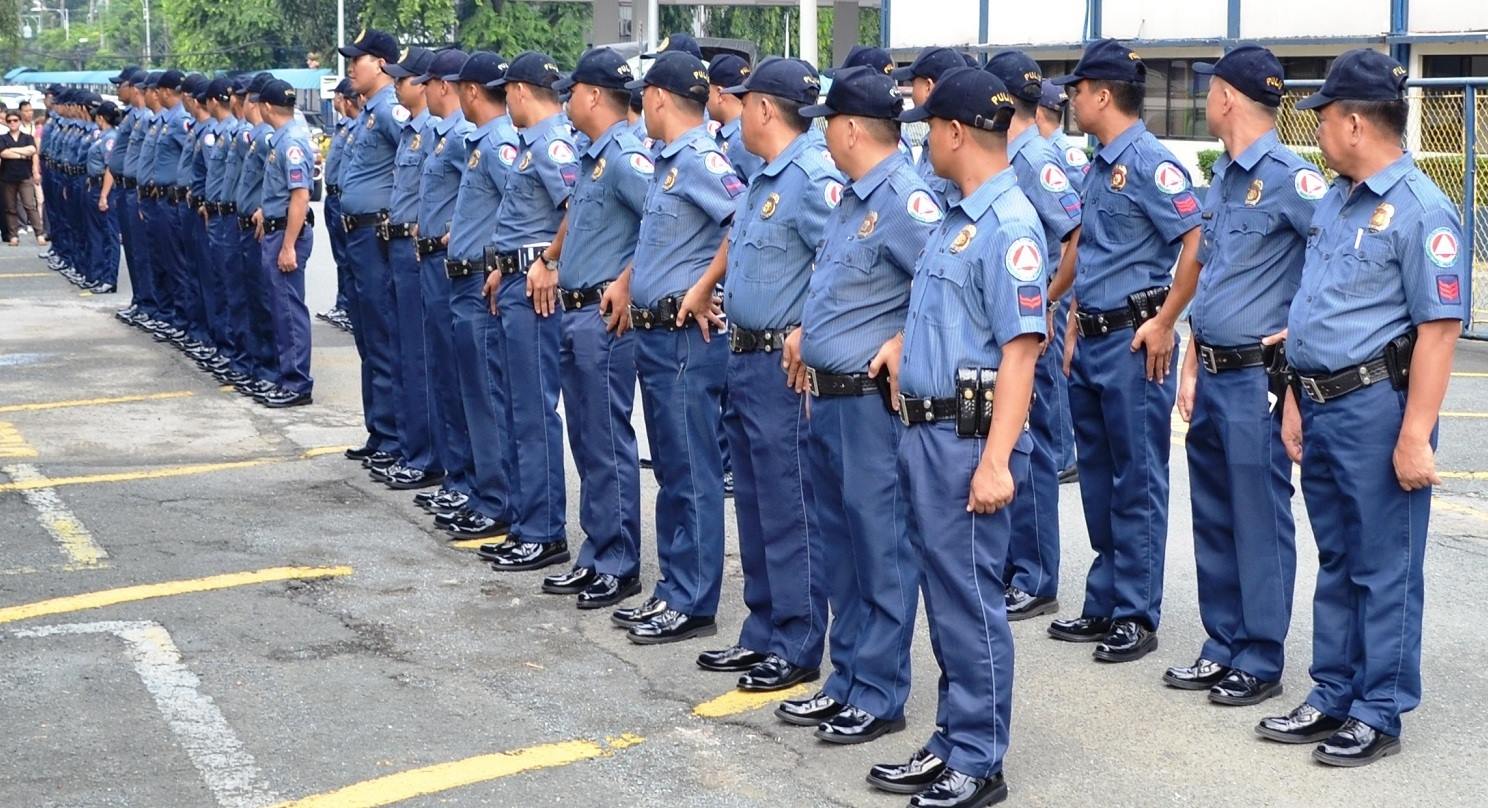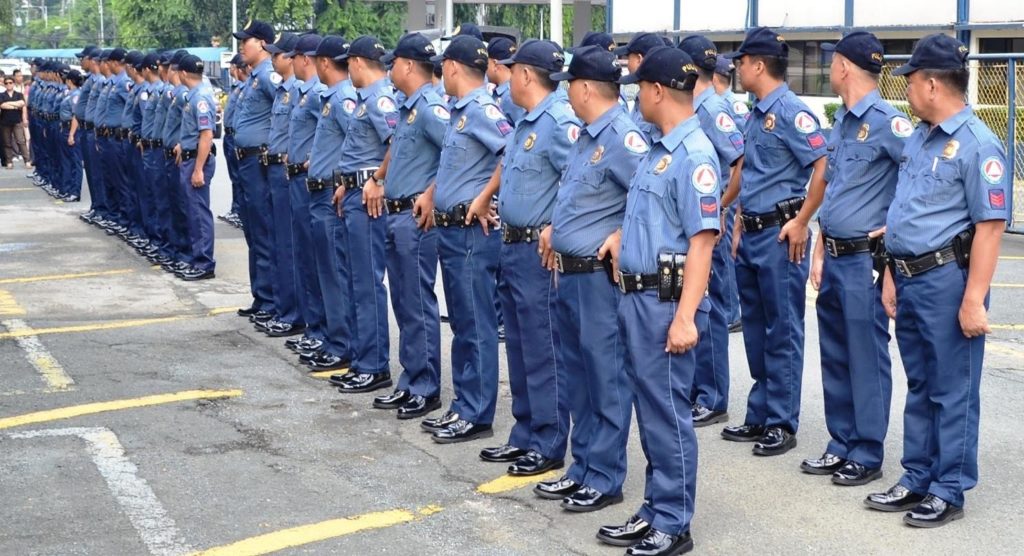PRESIDENT Rodrigo Duterte in August said the government does not provide lawyers to police who need legal assistance.
He was referring to police officers who run into trouble with the law while conducting legitimate operation.
STATEMENT:
“Now remember, in this country, no lawyer is provided for the policeman and the other men…the security officers when they get into trouble with the law. They are left…on their own. That was the policy before and in the previous ones. They are left behind.”
(Source: President Duterte’s presser at DPWH Pandacan Depot, Davao, Aug. 21, 2016, RTVM. Watch 00:49:50- 00:50:11 )
The president said unlike the national government, he provided legal counsel for policemen when he was mayor of Davao City.
Are police officers with legal cases really left to defend themselves without support from government?
FACT:
No.
The 1998 amendment to the PNP law directs the Department of Justice, National Police Commission (Napolcom) and the PNP to provide free legal assistance for police sued in conducting their duty.
“The Secretary of Justice, the Chairman of the Commission, or the Chief of the PNP may authorize lawyers of their respective agencies to provide legal assistance to any member of the PNP facing…charges arising from any incident which is related to the performance of his official duty… in such cases, when necessary, a private counsel may be provided at the expense of the Government.”
(Source: Republic Act 8551, Sec 56)
Police officers can seek legal assistance from three government agencies.
One, the PNP Legal Service created the Legal Assistance Program in 2001. Its National Headquarters Legal Assistance Board or Regional Assistance Board reviews requests for legal aid. Two, the Napolcom formed its Legal Assistance Office and Regional Legal Assistance Units in 2006.
Three, the Public Attorney’s Office was tasked by the DOJ in 2009 to defend PNP members holding the ranks of Police Officer 1 (PO1) to Senior Police Officer 4 (SPO4). The usual indigence test is dispensed with for these police officers. Those with higher rank can apply for assistance, but they need to prove they can’t afford a private lawyer.
But Sec. 56 of the PNP Law appears difficult to enforce. The PNP Legal Service, for example, doesn’t have enough lawyers to fulfill this mandate.
In a letter to VERA Files, the PNP Legal Service said it has 95 lawyers servicing the 190,000-strong agency. That’s one lawyer for every 2,000 personnel.
None of the lawyers act solely as counsel. They are tasked primarily to assist the various offices of the PNP on legal matters.
In the last three years, the Legal Service has assisted 313 PNP personnel facing 146 service-connected cases. The unit needs at least 101 additional lawyers to be able to at least assign one lawyer for every Police Provincial Office.

But government lawyers aren’t the only ones who may be tasked to defend PNP members. The PNP law allows government to hire private lawyers and pay them.
(Other Sources: PNP Memorandum Circular 2012-LS-001 Napolocom Memorandum; Circular 2008-14 Public Attorney’s Office Memorandum Circular 2010-03; PNP correspondence)


